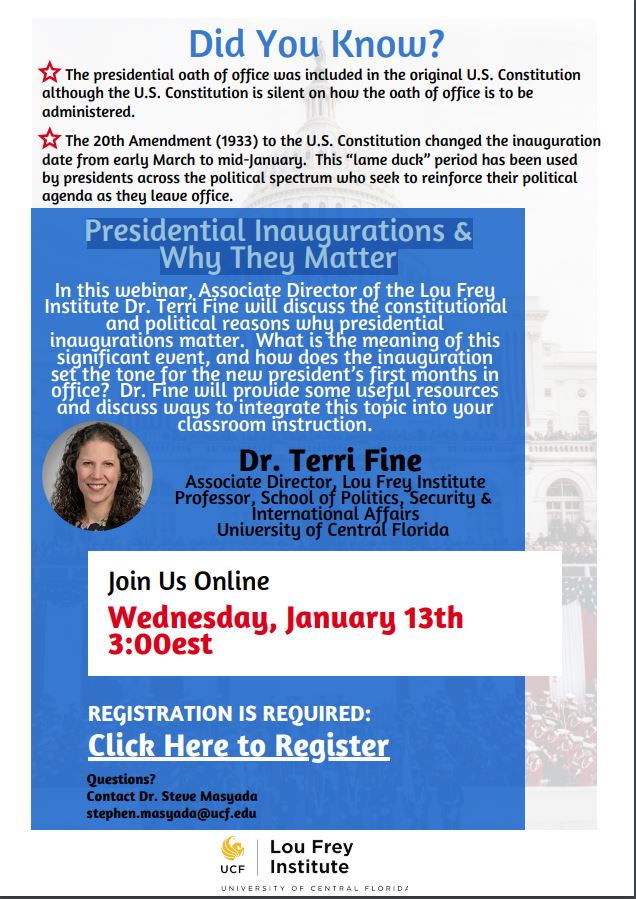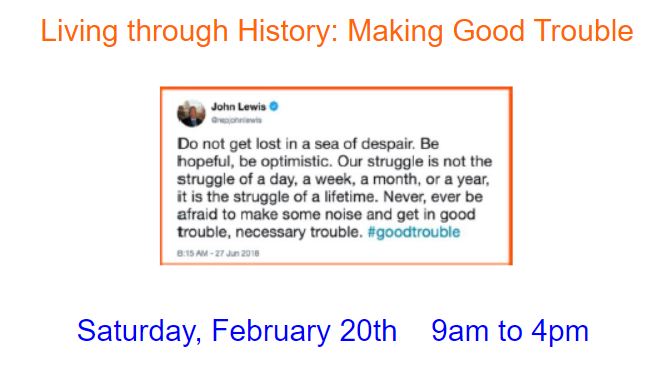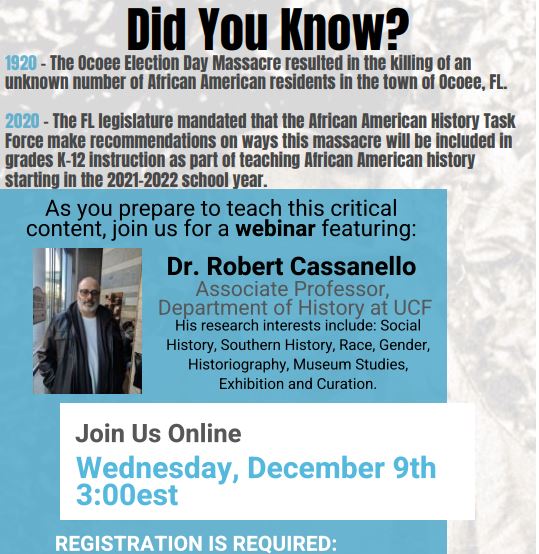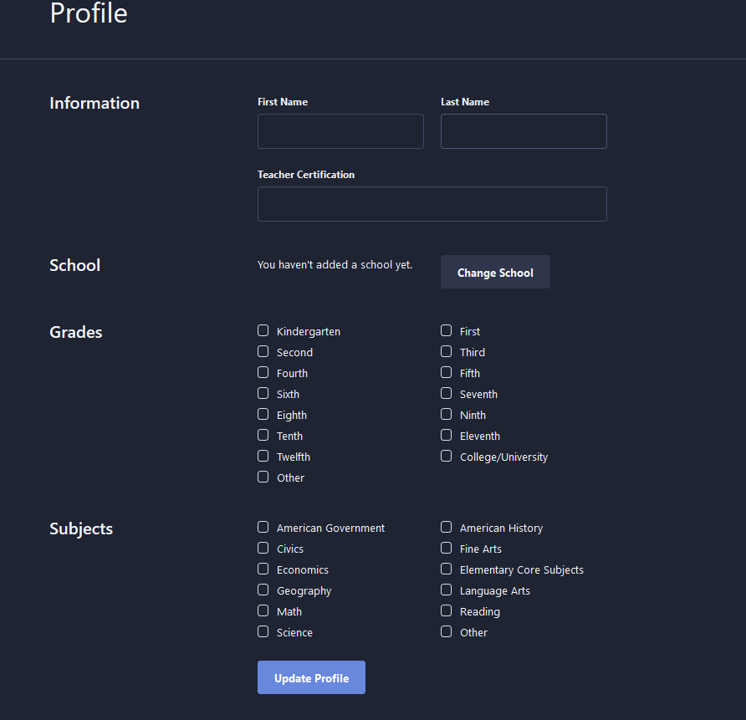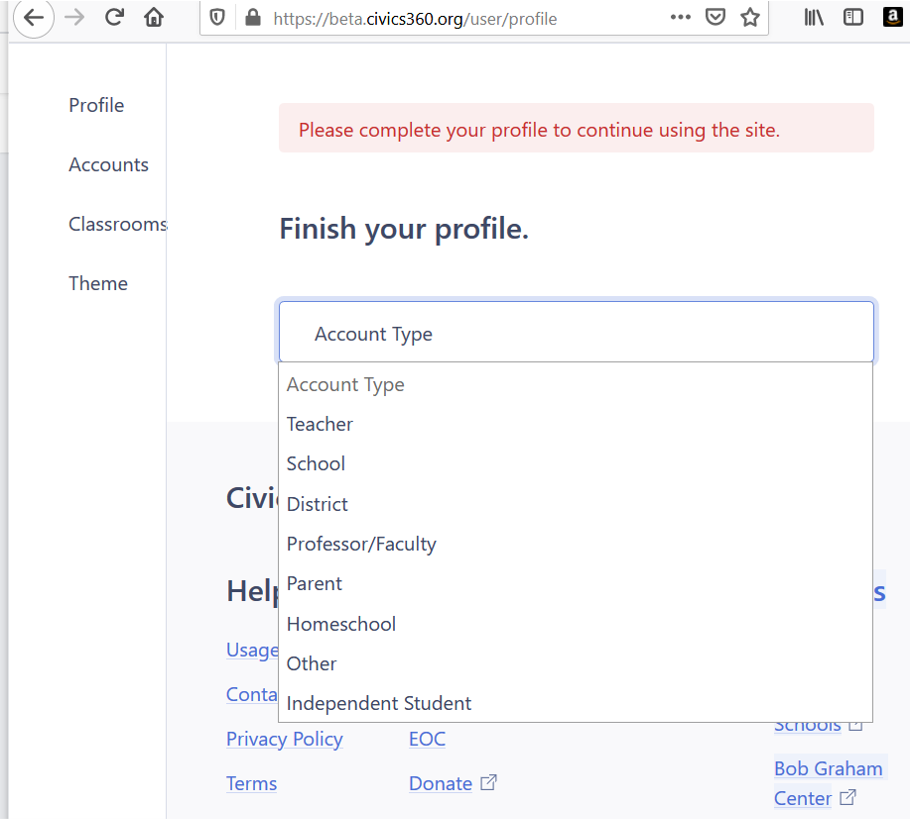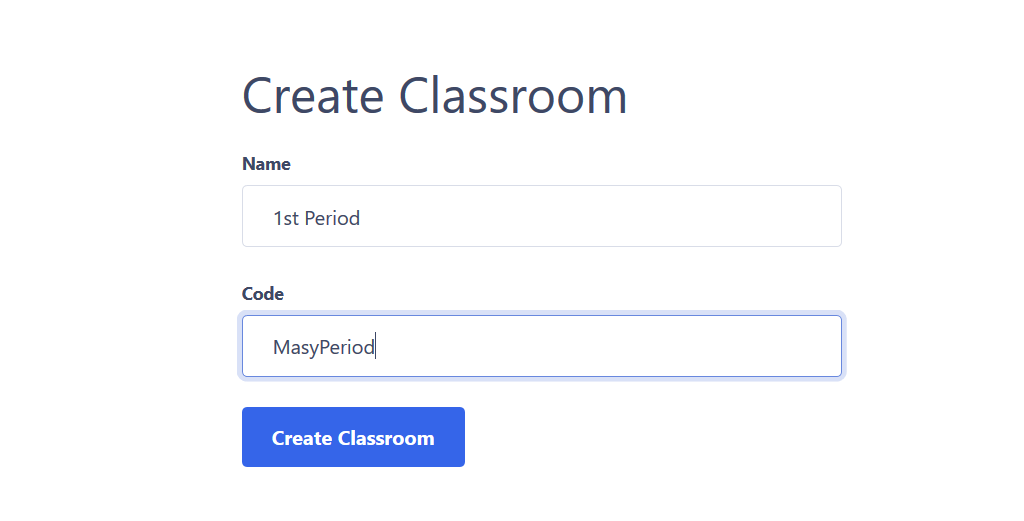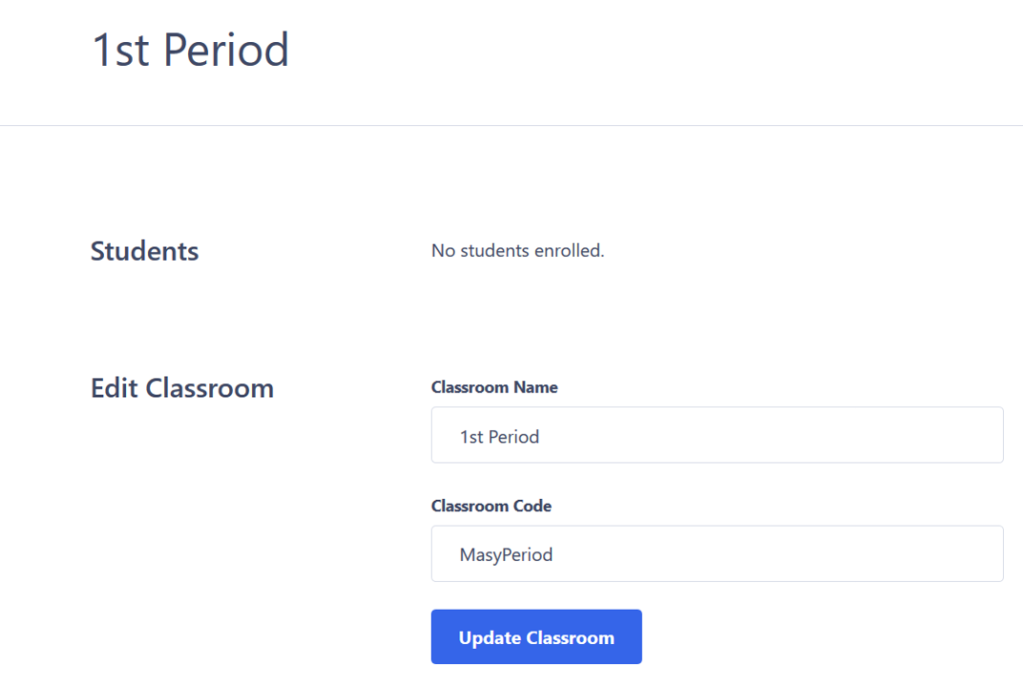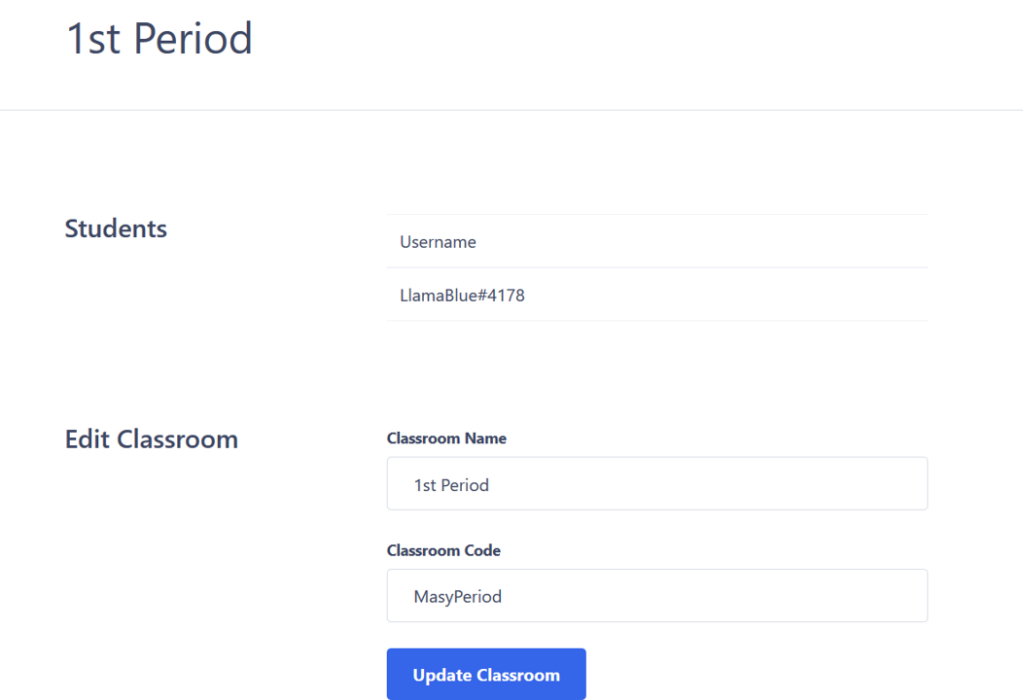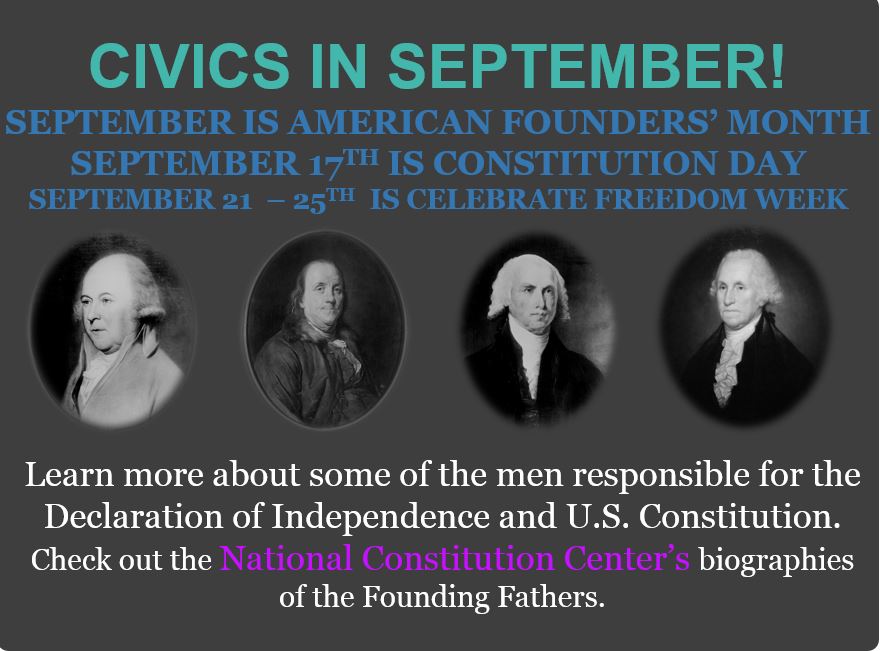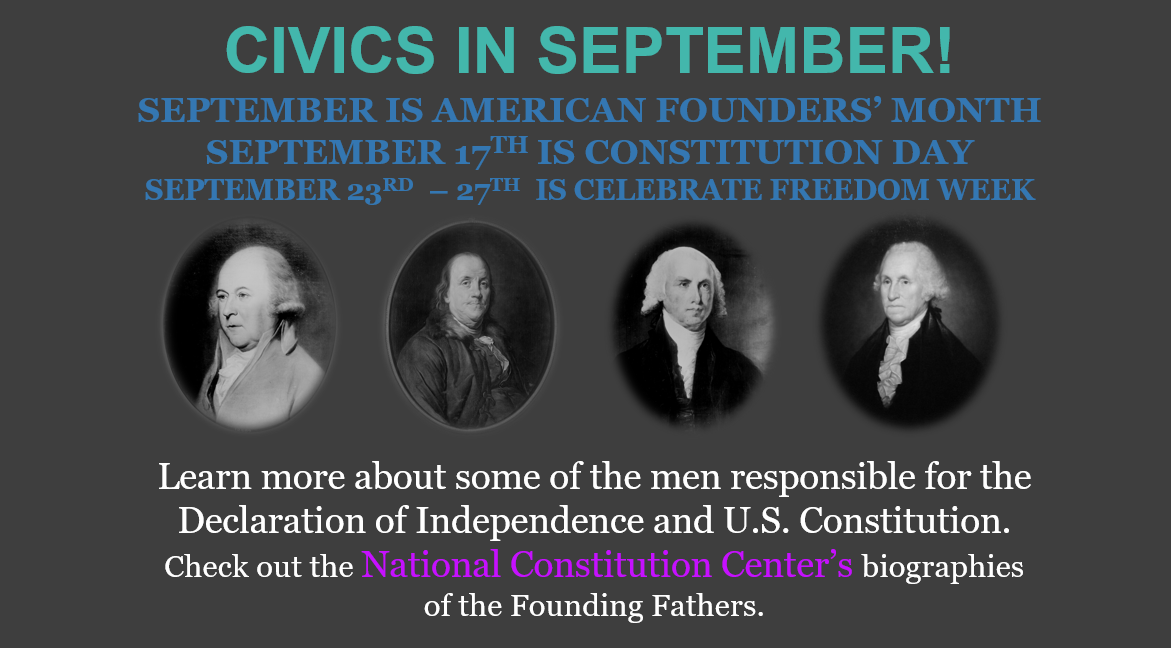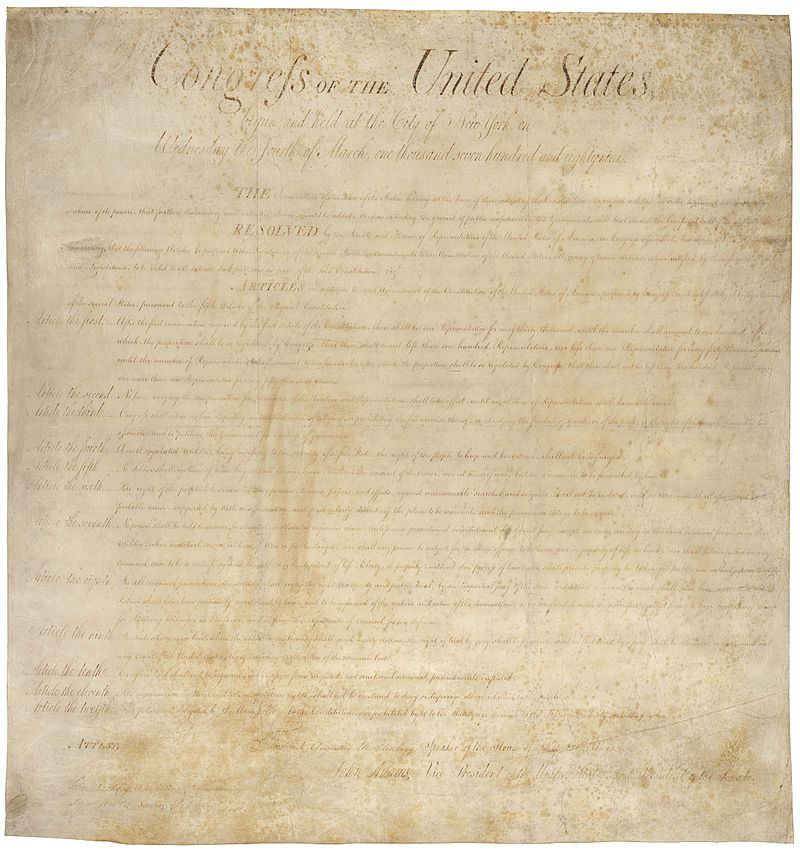Good afternoon, friends. This post is simply a compilation of resources that can be used to teach about concepts, ideas, actions, or anything else connected to the events of 06 January 2021. We will add to these over time.
Civics in Real Life
Sedition
Controlling the Chambers
Inching Towards Inauguration
Presidential Transition
The Electoral College
Civil Disobedience
The First Amendment
The Consent of the Governed
__________________________________________
Resources on the Foundations of Democracy (from AFT)
__________________________________________
Peaceful Transitions (from Bill of Rights Institute)
__________________________________________
Resources from the National Constitution Center
_________________________________________
From CSPAN:
Lesson Plan: Reactions to the January 6 Attacks on the U.S. Capitol
Lesson Plan: The History of Contested Presidential Elections
Lesson Plan: Learning from Previous Presidential Transitions
Video Clip: Electoral Count Interrupted as Mob Enters Capitol
Video Clip: Majority Leader McConnell (R-KY) on Electoral Count Vote
Video Clip: The Process for Counting Electoral Votes in Congress
______________________________________________________________
How to Have a Civil Civic Conversation (from Constituting America)
______________________________________________________________
Responding to the Insurrection (from Facing History)
_____________________________________________________________
Multiple Resources Collected from #sschat

